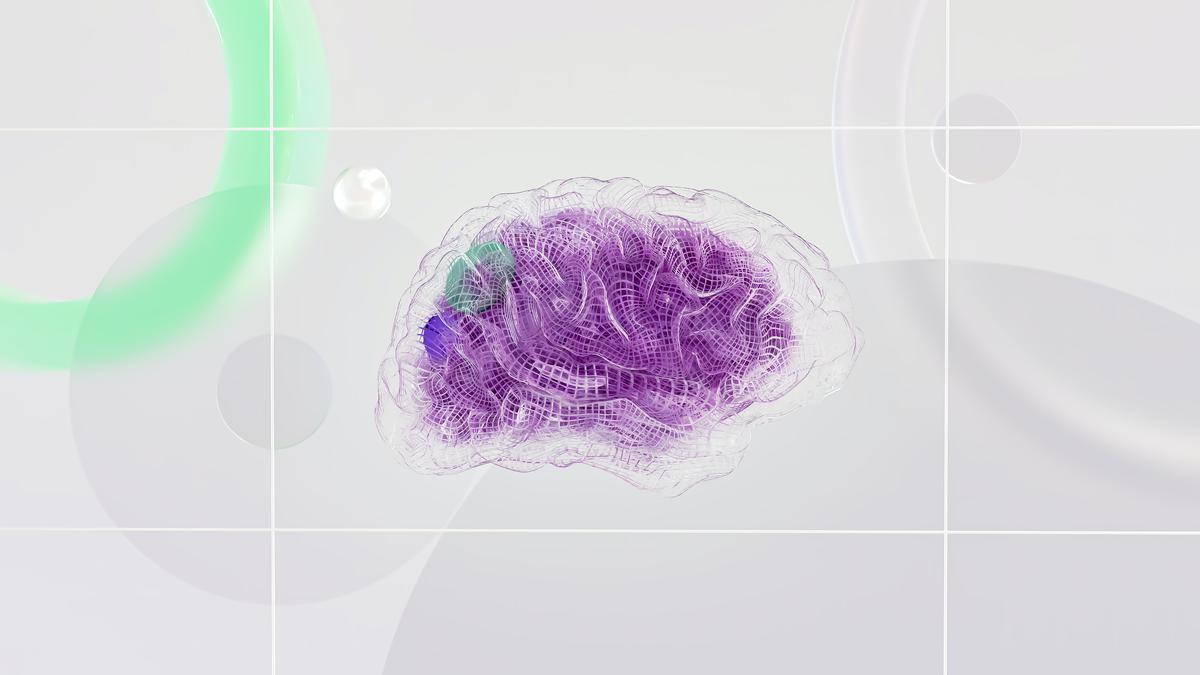
Scientists fuse brain-like tissue with electronics to make computer | Explained Premium
The Hindu
Scientists fuse brain-like tissue with electronics to create an 'organoid neural network' that can recognise voices and solve complex problems. While the study raises difficult ethical questions, such as whether brain organoids are conscious, it also represents a new high in neuromorphic computing and the ability of organoids to be used in reservoir computing systems.
Scientists have fused brain-like tissue with electronics to make an ‘organoid neural network’ that can recognise voices and solve a complex mathematical problem. Their invention extends neuromorphic computing – the practice of modelling computers after the human brain – to a new level by directly including brain tissue in a computer.
The system was developed by a team of researchers from Indiana University, Bloomington; the University of Cincinnati and Cincinnati Children’s Hospital Medical Centre, Cincinnati; and the University of Florida, Gainesville. Their findings were published on December 11.
The study marks a significant advance in multiple areas of science and engineering. “It opens possibilities at the intersection of tissue engineering, electrophysiology, and neural computation,” Thomas Hartung, a professor at Johns Hopkins University, in the U.S., said.
The work comes against the backdrop of the staggering rise of artificial intelligence (AI), itself founded on the development of artificial neural networks – brain-like networks of neurons except they’re made with silicon chips – that can process large datasets that conventional computers struggle with.
The hardware on which these neural networks run has a problem, however: the memory units and the data processing units are separate. When a neural network operates, the network will have to access the data in the memory unit, bring it over to the processing unit, and work on it – and it needs to do this many times over. If the problem is more complex, the time and energy demands increase further because the system will have to go back and forth between these units even more.
Scientists have tried to build more efficient neuromorphic chips that include some short-term memory, so they can avoid going back and forth just a bit. These chips have been used for applications like computer vision and speech recognition. But they can “only partially mimic brain functions, and there is a need to improve their processing capability and accounting for real-life uncertainty and improving energy efficiency,” the authors of the new paper, published in Nature Electronics, wrote.
So scientists are now considering using a biological neural network: a network of live brain cells. As the authors described in the paper, the brain spends only 20 W to do the same amount of work that AI hardware would use about 8 MW to drive artificial neural networks made of silicon chips. This difference by a factor of 400,000 is because, unlike AI hardware, brain cells store memory and process data without physically separating the two.













